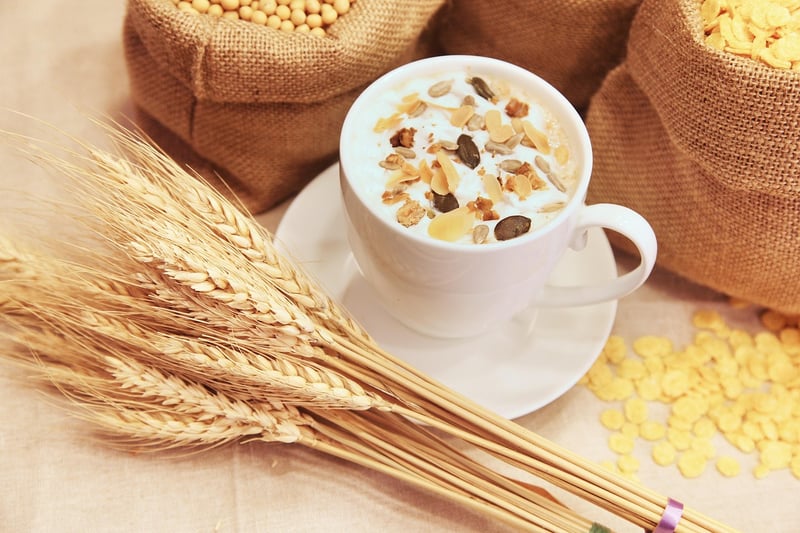Texture Analysis
Understanding the Science Behind Food Texture Analysis
When it comes to food, taste isn't the only important factor. Texture plays a crucial role in how we perceive and enjoy various foods. The science behind food texture analysis helps us understand the physical properties of food that contribute to our overall eating experience.
What is Food Texture Analysis?
Food texture analysis is a scientific method used to measure the mechanical properties of food products. It involves studying the physical characteristics of food such as hardness, chewiness, springiness, adhesiveness, and cohesiveness. By quantifying these properties, food scientists can assess the quality, freshness, and consumer acceptance of different food products.
Importance of Texture in Food
Texture significantly influences our perception of food quality and palatability. The crunchiness of a potato chip, the creaminess of ice cream, or the tenderness of a steak are all examples of how texture impacts our eating experience. Food manufacturers use texture analysis to ensure consistency in their products and meet consumer expectations.
Methods of Food Texture Analysis
There are several techniques used in food texture analysis, including:
- Compression tests
- Shear tests
- Tensile tests
- Penetration tests
Applications of Food Texture Analysis
Food texture analysis is applied in various industries, such as:
- Food product development
- Quality control in food manufacturing
- Determining shelf-life of food products
- Understanding consumer preferences
Conclusion
Understanding the science behind food texture analysis provides valuable insights into the physical properties of food and how they influence our eating experience. By using advanced analytical techniques, food scientists can ensure that the products we consume meet the desired texture standards and deliver a satisfying sensory experience.

Explore more about food science and texture analysis here.
